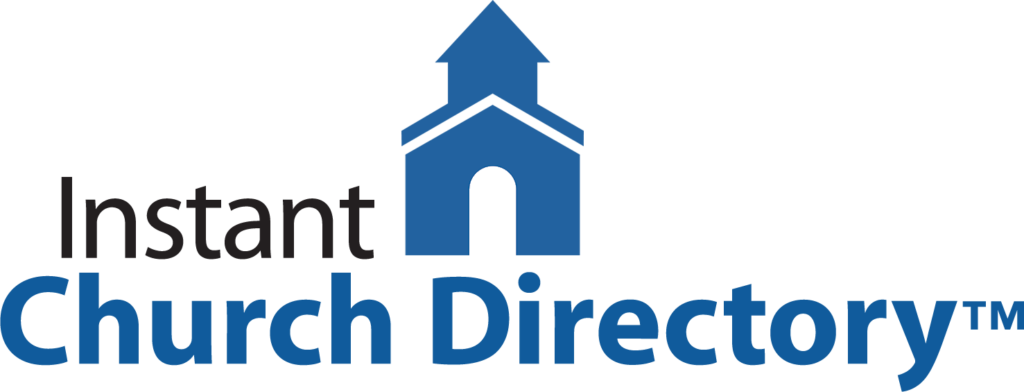Some may say that the unprecedented events of 2020 and the rapid shifts to our routines as a result is evidence that planning is futile.
However, the many church and ministry leaders around the world who found that they were unprepared to shift to virtual church and socially distanced outreach know that the opposite is true.
Although we must always maintain a flexible posture that is open to spontaneity and, ultimately, God’s guidance, failing to plan is a massive disservice to church leaders and congregants alike.
Without a firm plan in place, church staff is ill-equipped to handle a crisis or schedule change, and it doesn’t bode well to congregants either who realize that they cannot expect consistency from their leadership.
The sooner church leaders begin planning their 2021 schedule, the better. This is especially true for pastors as they plan what dates they will be preaching and their anticipated topics and themes.
Pastors who are planning their sermons for the next year can improve their preparation by utilizing the following tips.
Plan Around Plans
Before planning out sermon series or topics for the coming year, it’s essential to have a firm grasp of what will happen in the church for the next 12 months beyond the pulpit.
Knowing, for instance, when the Women’s Ministry is planning its yearly retreat, what week Vacation Bible School will be, or when key team members will be out of town can impact the relevancy of prepared sermons.
There are few things more frustrating than scheduling concepts and ideas before schedules are finalized only to have to move dates around or start completely over.
Part of the planning process must entail asking other leaders and ministries to submit their calendars before the new year to begin in-depth sermon preparation.
A pastor’s preaching schedule should be among the last item added to the 2021 schedule to ensure cohesiveness with the full church calendar.
Survey Congregants
Once having secured everyone’s schedules, it’s time to start planning actual sermon content. There may be existing sermon ideas or series floating around, but inevitably, one usually gets stumped for ideas at one point.
Preparing 52 sermons for the year that coincide with themes, missions, or visions that the church is working toward together is no small task. What’s a pastor to do when they don’t know what to preach?
It’s highly advisable to survey congregants to find out what biblical topics about which they would like to learn. This is not just about finding inspiration for ideas but discovering what’s on the hearts of congregants. Their answers might reveal topics that have been lacking in the church or subjects on which they are confused.
As Paul said, we must always be ready to give an answer for the hope that we have. But if our congregations go without their questions being answered or hearing about nitty-gritty topics from the pulpit, their faith may stand on shifting sand and never cement.
Free email surveys that do not take long to fill out, cold calling to chat with congregants for five or so minutes, or having them leave a piece of paper with the topics they want to be discussed in one of the offering boxes are all effective ways to get an understanding of what the church wants to learn.
Use Technology for Exegesis
Now that the church calendar and congregant surveys are secured, it’s time to start researching topics for the upcoming year. Exegesis is one of the most important parts of the pastoral role, as congregants depend on preachers to present research-backed Scriptural claims and lessons.
It can also be the most time-consuming part of being a pastor, which is why many are already researching for the upcoming year’s sermons.
However, contrary to traditional belief, thorough exegesis does not have to take dozens of hours, and many hours spent studying does not necessarily equate to quality research.
In addition to Bible commentaries and dictionaries, numerous technology tools can maximize one’s research when performing exegesis. Logos Bible Software now comes with “Factbook,” which acts as a Christian Wikipedia tool; there is also MindNode, where users can create mind maps to organize their study; and utilizing eBooks where one can highlight and take notes as they read can contain lots of information in one place.
These are not all but merely a few of the helpful ways that pastors can plan their 2021 sermon schedule.
As your church begins to prepare tactically and spiritually for 2021, we encourage you to carefully consider utilizing tools and tips like these to prepare for an effective ministry year.
Faithlife is a church technology company helping churches grow in the light of the Bible with more than 14 products, including Logos Bible Software and a suite of integrated Faithlife tools, www.faithlife.com.










